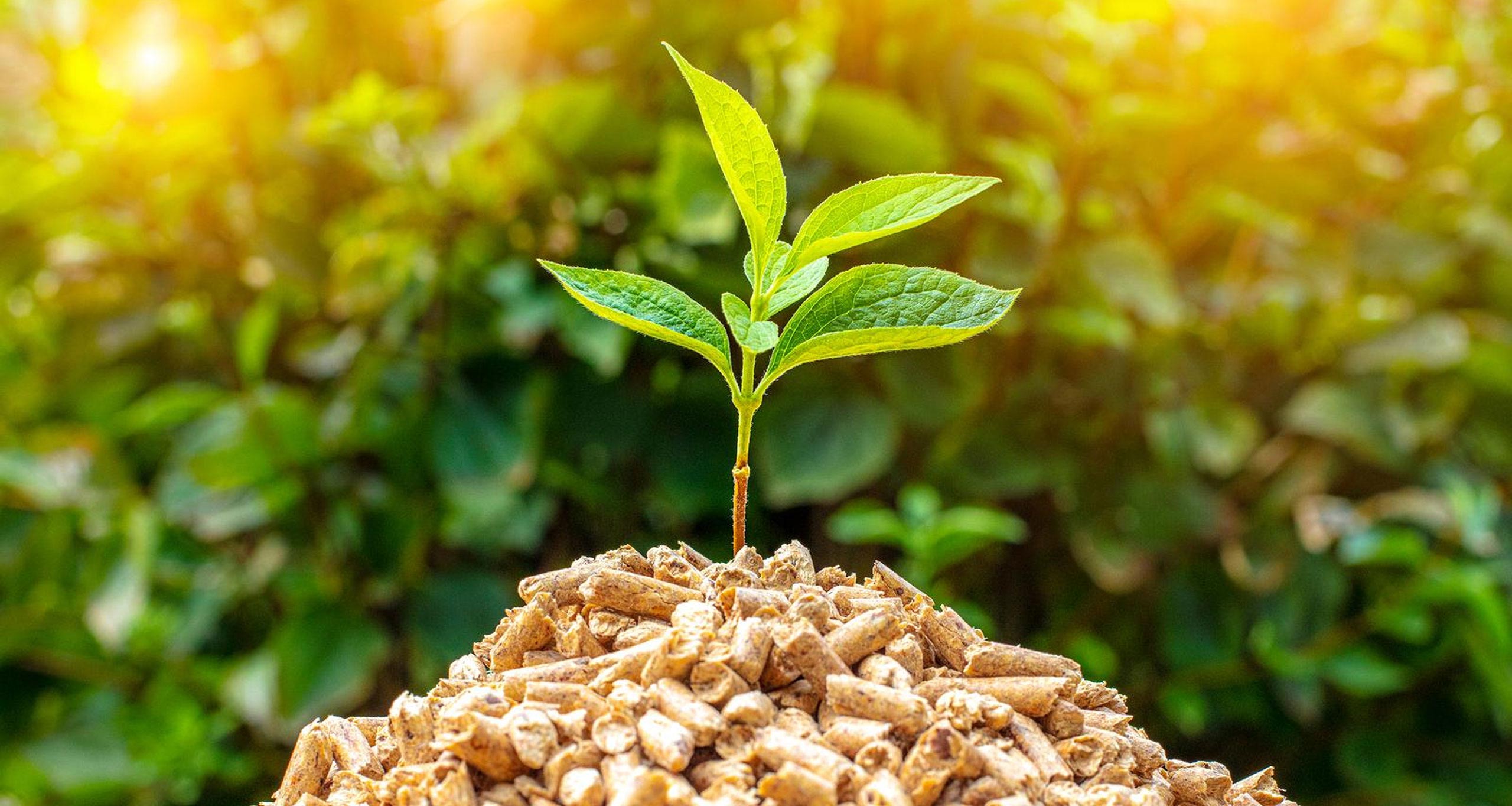Biomass
Biomass refers to organic material derived from living or recently living organisms, such as plants, animals, and their byproducts. It is a renewable energy source because its raw materials can be replenished over time through natural processes. Biomass can be converted into energy through processes like combustion, fermentation, or gasification. Sustainable biomass use aims to balance energy production with environmental protection and resource regeneration.
Our biomass plant converts organic materials, known as biomass, into energy, usually in the form of electricity, heat, or biofuels. Biomass plants can use a variety of materials, including wood chips, agricultural residues, animal waste, and organic municipal waste, to generate power.
They are considered renewable energy sources because the biomass materials can be replenished through natural processes. Biomass plants are an integral part of the renewable energy mix, providing a sustainable energy option while reducing dependence on fossil fuels.
Environmental Benefits of biomass are:
- Reduced Greenhouse Gas Emissions: Biomass is considered carbon-neutral because the carbon dioxide (CO2) released during combustion is offset by the CO2 absorbed during plant growth.
- Waste Reduction: Biomass utilization reduces the amount of organic waste in landfills, mitigating methane emissions.
- Energy Security: Biomass provides an alternative to fossil fuels, enhancing energy security and diversification.
Service We Offer



